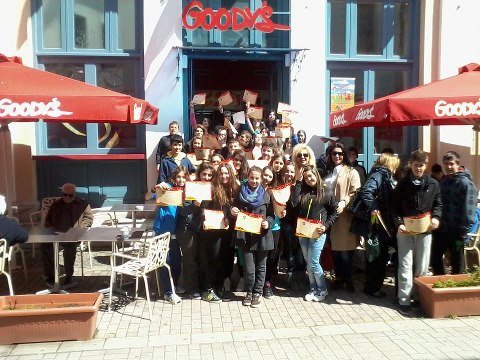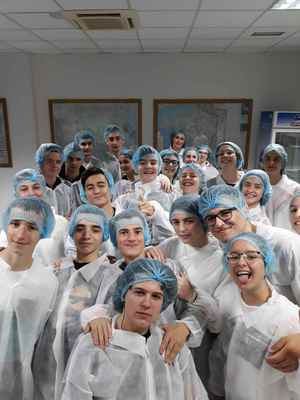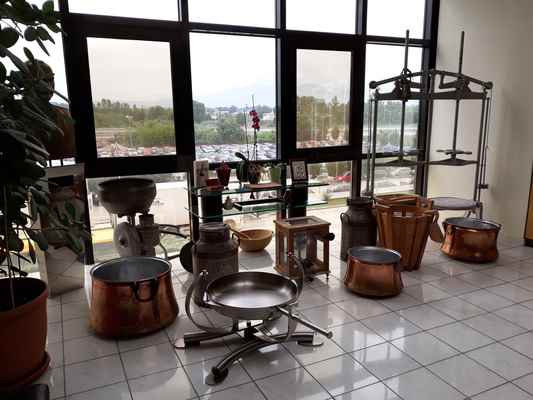Window to school – Czech team
Civics is a school subject that has a positive impact on students' lives. Above all, the student should learn prudently, decently, and most importantly, to deal with his surroundings and how he should behave in his democratic state.
Our students have Civics lessons from 6th to 9th grade once a week.
It introduces students with relationships in the family and wider communities, with economic life and develops their orientation in the world
finance. It introduces pupils to the tasks of important political institutions and shows the possible ways of involving individuals in civic life. It teaches pupils to respect and apply moral principles and rules of social coexistence and take responsibility for their own opinions, behavior and their consequences. It develops civic and legal awareness of pupils, strengthens the sense of individuals for personal and civic responsibility and motivates pupils to active participation in the life of a democratic society.
School education in this area should prepare youth to be active participants in public life. Civics should teach students to think critically and not be manipulated.
Students at our school often work in groups, discusse togehter about different topics, use books, worksheets, questionnaires or find information on the internet,. They say own opininons and do projects for example Democracy in us. It is the project for Czech eTwinners where children of different ages learn about towns in Czech, parliament system in our country and Europe. Students made posters, videos, mind maps and published in Twinspace. At the end of project they will complete quiz in Kahoot.
You can find more there Czech eTwinning game "Democracy in Us" But it´s in Czech language.
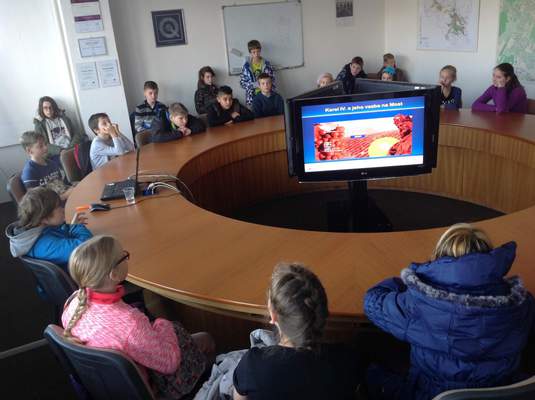
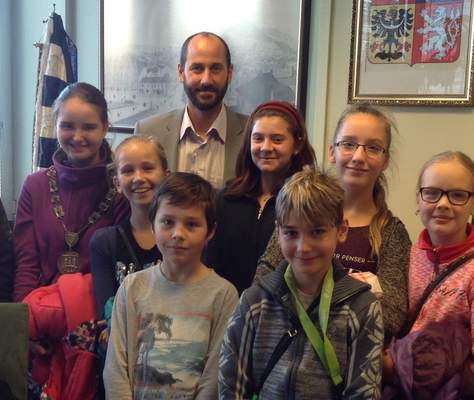
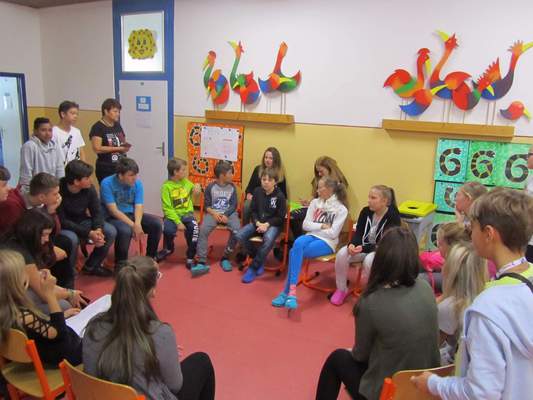
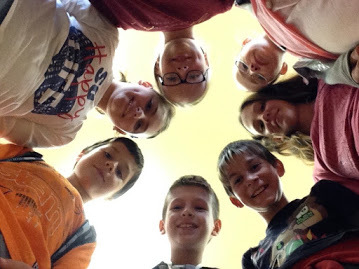
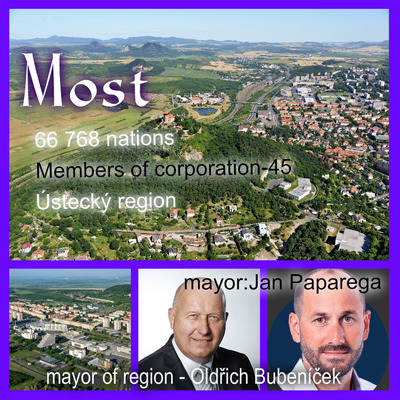
..........................................................................................................................
WINDOW TO SCHOOL – SPANISH TEAM
OUR CHILDREN VOICES: SANT BOI “CHILHOOD COUNCIL”
In Democracy all the voices should be heard… In Sant Boi, from 2015, our children and teenagers can participate in our city “Childhood council”, the citizen participation body that represents the children and teenagers of the city. This council is a participative organ that provides the students the opportunity to exercise their participation as citizens in aspects that directly affect them, for example they have been working cooperatively with the municipal architect in the design of the future parks of the town, building mailboxes to involve other children in the commitment to improve the spaces of the city and meeting the mayor of the city, Lluïsa Moret.
The Childhood council is made up of 50 students from nine to eleven (34 counsellors and 16 collaborators). Besides, their members also take part in special moments as the lightning of Christmas lights of the town.
The fourth grade students of our school have chosen one representant to become a member of the council for two years. After that, the two representatives, one from the fourth grade and another from the fifth level selected the previous year, participate in a council meeting once a month. In these meetings the students participate actively giving their ideas to improve the city, reaching agreements and transmitting their classmates’ proposals or ideas. They become more responsible citizens and convey their enthusiasm to others.
Isidro Cuenca and Esther Rodríguez
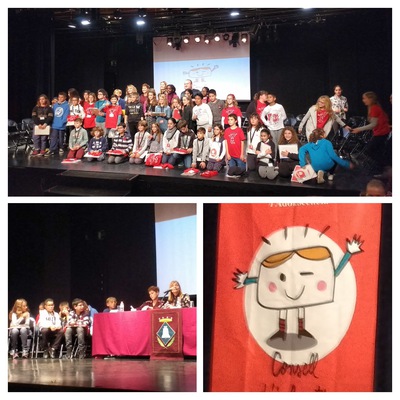
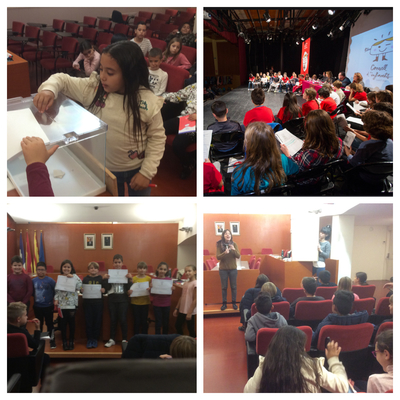
Rosengårdskolen,Denmark
Civic education or samfundsfag, as it is called in danish, is taught in the 8th and 9th grade.
The pupils are to require knowledge of their society and the world around them, with the focus on four key areas. These are politics, economy, social and cultural matters and methods.
Of course the pupils have to read a lot and we have discussions over various topics like “what is it like to be a teenger today” or “why isn’t the UN doing anything in Syria”, but we also try to get the pupils involved in other ways. One example is skolevalg’19 (School election’ 19). Every election year Folketinget( danish parliament) hold an election for the pupils in the 8th and 9th grade. Via the internet page https://www.skolevalg.dk/ the pupils are to find three key issues that they want to campaign for. For instance: No homework at school, Denmark should leave the EU or legalise euthanasia among others.
Then they listen to a debate with representation of the youth parties of the parties represented in Folketinget. At the end of the three weeks that skolevalg lasts is the actual election and even though it doesn’t have any real significance it still gives the pupils a sense of what is like to be a part of a democracy here in Denmark. (Kim Tank)
Athina School, Trikala-Greece
In our school the lesson of Civics is taught from the 7th to the 9th grade,one hour per week.In Greece we call it lesson of Social and Political Education. It is believed that promotes creativity, free thinking and democratic consciousness. It also contributes to the awareness of the importance and the preservation of human rights and the cultivation of universal values, the understanding of peaceful coexistence with different people and creative participation in the social and political life. Our school thinks that it is equally important to learn about youth entrepreneurship, what is achieved by managing various school trips in local bussinesses.
(Chris Trypas-Gregory Plexidas)
